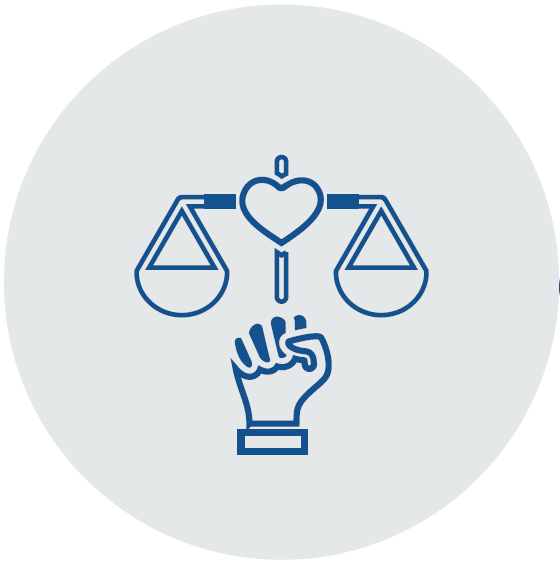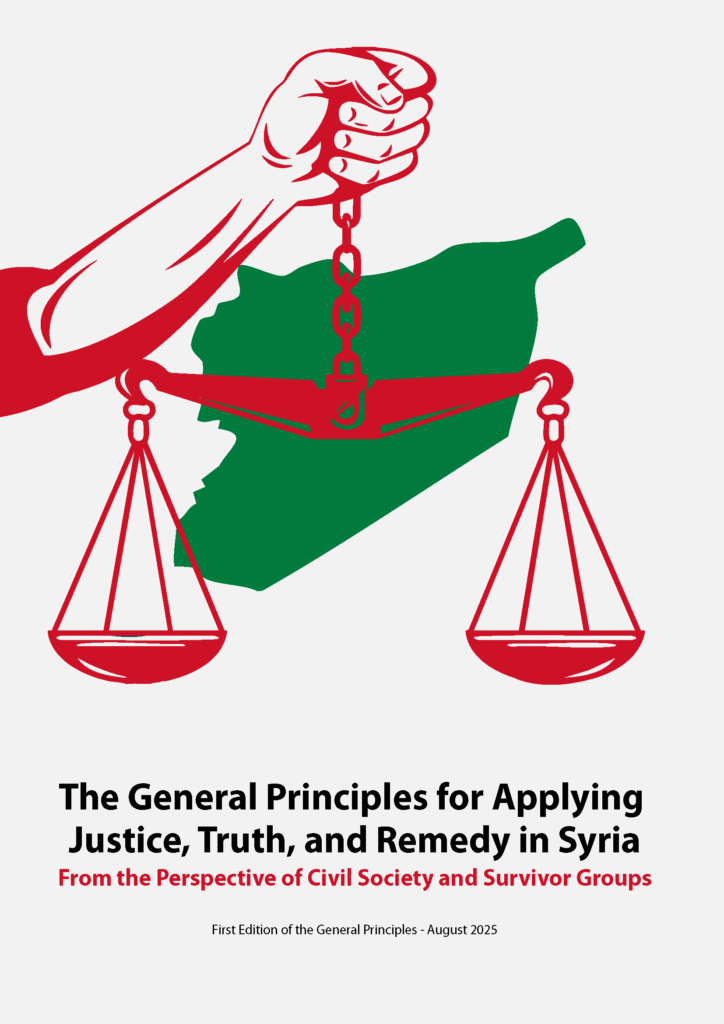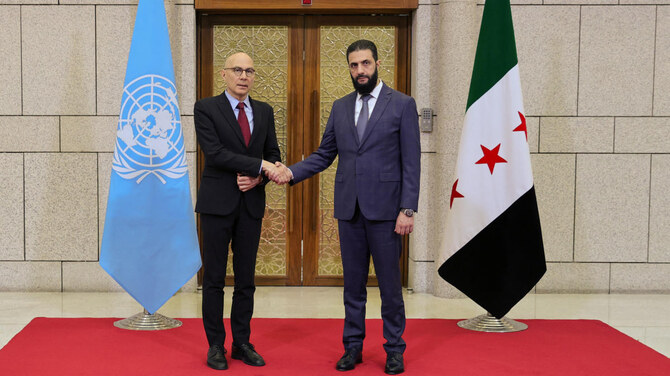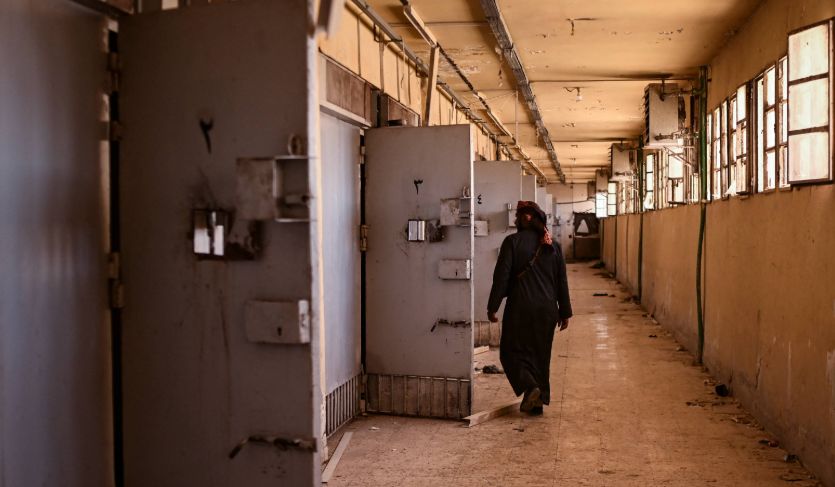Introducing
Global Harmony Foundation
Building Peace, Empowering Communities, Shaping Futures
Who We Are
Global Harmony Foundation (GHF) is a humanitarian and peacebuilding organization committed to advancing human dignity, positive peace, and inclusive development in conflict-affected and fragile settings. GHF delivers impactful programs in Syria and across the region, including Yemen, Sudan, Iraq, and beyond.
Our Triple Nexus approach integrates:
_________
Humanitarian assistance
__________
Development
________
Peacebuilding
We focus on vulnerable populations, including marginalized groups, minorities, women, youth, and conflict survivors, guided by the Eight Pillars of Positive Peace.
Our Purpose
We Believe in Connecting:
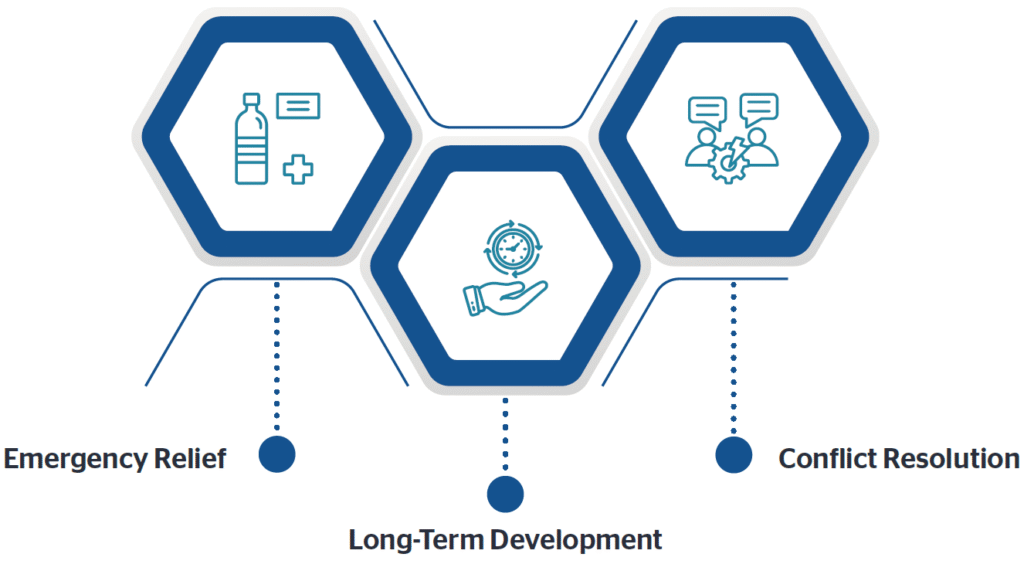
To build community-led solutions that foster resilience, promote social cohesion, and support sustainable peace.
Our Vision
At Global Harmony Foundation (GHF), we envision a world where peace, stability, and sustainable development are not only goals—but realities.
Through Our Triple Nexus Framework, We Bridge:
To deliver solutions that are complementary, strategic, and impactful.
_______________
Urgent Humanitarian Response
_______________
Conflict Resolution
________________
Human Rights & Social Cohesion
By strengthening the foundations of resilience, we aim to build societies capable of not
just surviving crises — but thriving beyond them.
Our Mission
Our Mission
We strive to build a resilient, peaceful, and inclusive society where justice, human dignity, and sustainable development can truly thrive.
Using Our Triple Nexus Approach, We Integrate:
To maximize impact, promote Positive Peace, and foster long-term
stability.
Our Mission is Centered on Empowering:
So, they can rebuild, recover, and shape a just and equitable
future for themselves and generations to come.
We strive to build a resilient, peaceful, and inclusive society where justice, human dignity, and sustainable development can truly thrive.
Using Our Triple Nexus Approach, We Integrate:
To maximize impact, promote Positive Peace, and foster long-term
stability.
Our Mission is Centered on Empowering:
So, they can rebuild, recover, and shape a just and equitable
future for themselves and generations to come.
Our Valuse
Our institutional values guide every aspect of our work and form the foundation of our approach to humanitarian assistance, development, and
peacebuilding. These core principles define how we engage with communities, partners, and each other.
Core Program Areas
Local Economic Development and Post-Conflict Recovery
-
Support for small businesses, vocational training, and job creation targeting vulnerable groups including internally displaced persons (IDPs), women, and youth.
-
Strengthening market linkages and access to microfinance services to promote economic self-sufficiency.
-
Promoting agricultural recovery, rehabilitating infrastructure, and offering climate-resilient solutions tailored to community needs.
-
Delivering recovery support programs including cash assistance, business grants, and financial literacy training to help communities rebuild sustainable livelihoods.
Promoting Positive Peace
The organization will integrate the Eight Pillars of Positive Peace into its programs:
-
Well-functioning government
-
Sound business environment
-
Equitable distribution of resources
-
Acceptance of the rights of others
-
Well-functioning government
-
Sound business environment
-
Equitable distribution of resources
-
Acceptance of the rights of others
Post-Conflict Priorities (e.g., Syria):
-
Transitional Justice and Accountability
Raise awareness of transitional justice principles, focusing on truth, justice, reparations, and guarantees of non-repetition.
-
Rebuilding Trust, Social Cohesion, and Institutions
Promote inclusive governance and institutional capacity, ensuring that national and local structures are transparent, accountable, and accessible to all citizens.
-
Countering Misinformation and Promoting Information Access
Address misinformation that fuels division, extremism, and violence by promoting fact-based reporting, digital empowerment, and independent media.
-
Psychosocial Support and Trauma Recovery
Provide mental health and psychosocial support services, particularly for survivors of violence, displaced persons, and those affected by conflict.
-
Anti-Corruption and Good Governance
Promote accountability, transparency, and anti-corruption initiatives within governance structures and recovery efforts.
-
Restoring Livelihoods and Local Economic Development
Support sustainable economic opportunities through job creation, vocational training, and post-conflict entrepreneurship.
-
Gender Equality and Women’s Empowerment
Ensure meaningful participation of women in peacebuilding, economic recovery, and governance while addressing gender- based violence and systemic discrimination.
-
Youth Engagement and Prevention of Exploitation
Provide education, vocational training, and peacebuilding opportunitiesto prevent youth recruitment into armed groups and counter violent extremism.12
Technical Expertise
At the Global Harmony Foundation (GHF), we specialize in integrating humanitarian assistance, development, and peacebuilding through our Triple Nexus approach. Our expertise spans several key areas that drive sustainable, inclusive recovery in conflict-affected regions:
-
Integrated Approach
We design programs that harmonize humanitarian, development, and peacebuilding efforts, ensuring a comprehensive response to conflict.
-
Peacebuilding & Social Cohesion
We focus on community resilience, fostering dialogue and reconciliation, and integrating transitional justice principles to promote healing and accountability.
-
Human Rights & Justice
GHF advocates for human rights, supports transitional justice processes, and ensures victims have access to justice and reparations.
-
Livelihood Recovery
We support economic resilience by promoting job creation, vocational training, and local business development for vulnerable groups.
-
Civic Space & Media Freedom
We work to combat disinformation, strengthen civic engagement, and support independent journalism in fragile environments.
-
Gender Equality & Empowerment
Our programs advance gender equality, empower women in peacebuilding, and address gender-based violence.
-
Youth Engagement
We provide education, vocational training, and leadership opportunities for youth to prevent exploitation and foster positive change.
-
Monitoring & Learning
We use evidence-based approaches to assess program impact, track progress, and adapt initiatives for greater effectiveness.
-
Strategic Partnerships
By collaborating with local partners, international organizations, and governments, we maximize our reach and impact in promoting human rights and peace.
-
Innovation
We incorporate cutting-edge technologies for efficient program delivery, data collection, and real-time monitoring, ensuring maximum transparency and scalability.
Organizational Structure and Governance
Board of Directors/Advisors:
The members of the Board of Directors have been selected based on their strong background in human rights, peacebuilding, international development, and organizational management. They were chosen for their expertise, integrity, and commitment to the organization’s mission. The Board provides strategic oversight, ensuring alignment with the organization’s values, objectives, and ethical standards. The Board meets quarterly to review program outcomes, financials, and organizational performance. The Directors are responsible for approving major decisions, including the organizational budget, strategic plans, and key partnerships.
Management Team:

Governance Model:
Decision-making processes are based on a collaborative model, where the management team proposes strategies, and the Board reviews and approves these decisions. Voting rights are extended to the Board members, with key decisions requiring a majority vote. Strategic direction is determined annually through a strategic planning process that incorporates input from stakeholders, including the Board, staff, and community members.
The members of the Board of Directors have been selected based on their strong background in human rights, peacebuilding, international development, and organizational management. They were chosen for their expertise, integrity, and commitment to the organization’s mission. The Board provides strategic oversight, ensuring alignment with the organization’s values, objectives, and ethical standards. The Board meets quarterly to review program outcomes, financials, and organizational performance. The Directors are responsible for approving major decisions, including the organizational budget, strategic plans, and key partnerships.
Social Media



Latest News and Articles
- Latest News
- Articles
- Upcoming Events
- Field Highlights
Follow the latest news about our activities, new projects, and upcoming events. Here, you’ll find everything that’s new about our on-the-ground efforts.
Enhance user experience with Advanced Tabs, allowing seamless content navigation. Organize information efficiently while keeping the interface clean and interactive. Perfect for FAQs, product details, or multi-section content.
Enhance user experience with Advanced Tabs, allowing seamless content navigation. Organize information efficiently while keeping the interface clean and interactive. Perfect for FAQs, product details, or multi-section content.
Enhance user experience with Advanced Tabs, allowing seamless content navigation. Organize information efficiently while keeping the interface clean and interactive. Perfect for FAQs, product details, or multi-section content.







